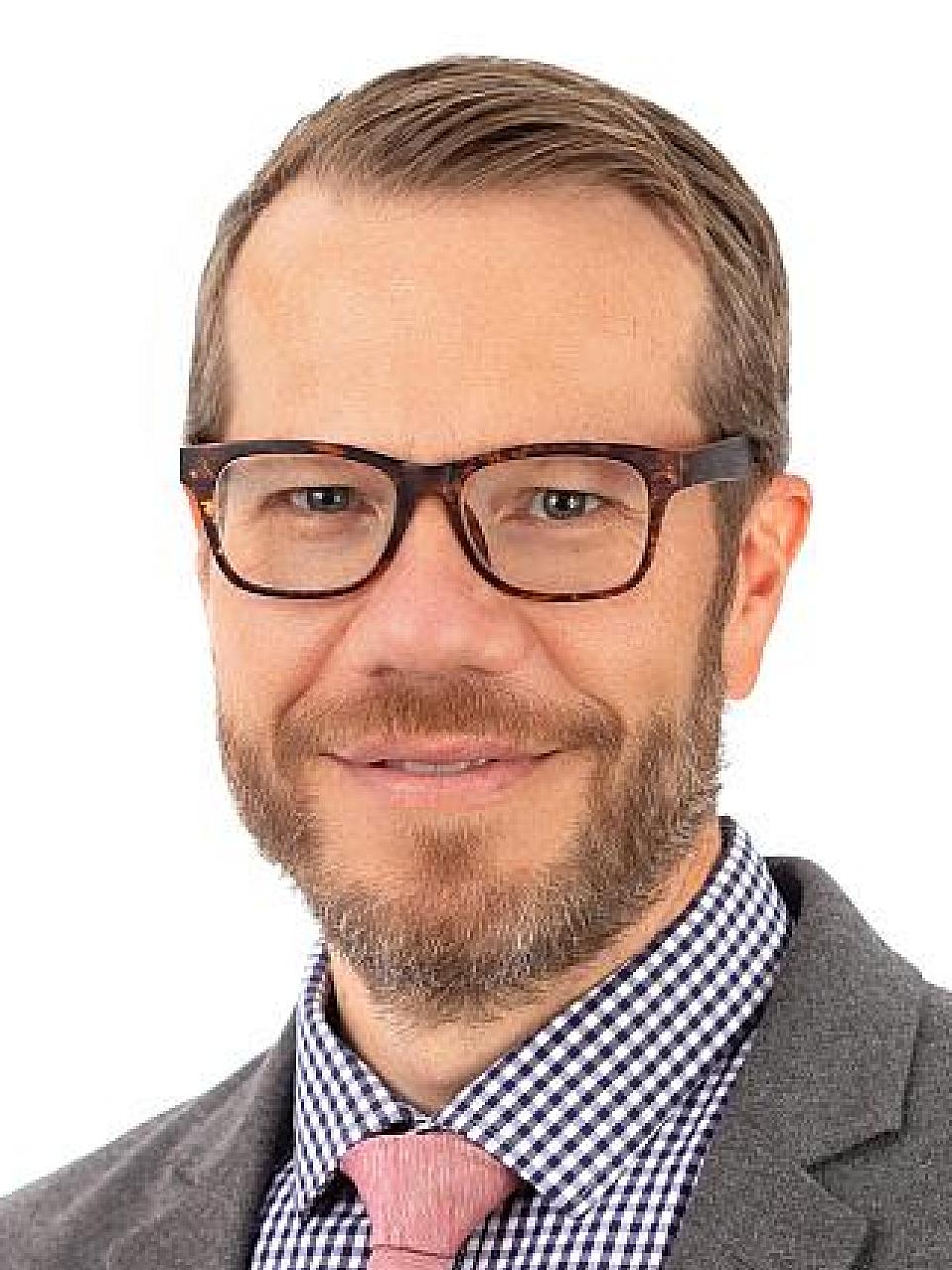Voices of U of U Health
Living Your Own Life Agenda: Key Takeaways
This is the final blog in the Life Agenda series. We used the eight domains defined in the life wheel to help you develop a stronger life agenda. We presented questions and shared ideas and experiences to unpack these domains. The following is a summary of the key takeaways.

Having your own life agenda means having clarity about what you want. When we are unclear about what we want, it’s easier to succumb to outer influences. But when we have a clear agenda, we can more easily navigate the demands of others while considering our own needs and interests.
Let’s review the key takeaways.
Family – How will I meet my family’s needs?
It’s easy to say that we want to be a good partner, spouse, parent, sibling, or child. Finding time to prioritize the people who matter most helps us replace guilt with intention. Ask the people who matter most to you what they need, write down “doable” smart goals, and consistently review/track your progress.
Career – What impact will I have?
In our careers, we may not always be able to control the tasks associated with our work. However, we do have control over the meaning we create in our jobs. And that’s something only we can do for ourselves. When we find meaning and purpose in our work, we find the ideas and courage to weather inevitable challenges and build the career we want.
Social – How do I spend time with others?
As you reflect on the social domain of your life, decide to find more time for connection than you currently allow. You can start by asking people about their day. And don’t be afraid to ask for help with the simple things, in addition to more complex challenges. These efforts lead to a more fulfilling, interdependent life.

Intellectual and Learning – What do I want to master?
We are part of a university system dedicated to education and research. Developing expertise is our expertise. Our learning shouldn’t stop when we get that master’s or doctorate. In fact, that’s just the beginning. What do you want to be the expert/master at? As you consider areas of significant interest, you can take responsibility for your growth and develop mastery in something that is meaningful to you.
Health - What does it mean to be healthy?
In academic medicine and in life, it’s up to us to prioritize the things that matter to us. Good health is essential. As you think about the big three—eating, sleeping, and exercise—start by making small changes to improve your health. Anything is possible when we break down our health goals into obtainable daily efforts.
Financial – What will make me feel secure?
We all have resources flow through us, often in the form of money. For some, the flow will be a torrent, and for others, a trickle. It doesn’t really matter either way because none of it belongs to us anyway. Our responsibility is to be good stewards. This means paying attention to our financial resources and appreciating them. This mentality helps us develop a healthy relationship with money and to use it judiciously in the service of life.
Leisure – How can I best enjoy life?
It can feel like we don’t have free time away from work and other “adult” responsibilities. Yet carving out time for leisure activities has social, physical, and cognitive benefits. Find a practice that helps you relax and unplug. Give yourself permission to have more unstructured time in your life and to play like a kid.

Spiritual – How can I connect to a higher power?
Spirituality—which is inclusive of religious forms—is the human method for connecting to something greater than ourselves. Your career, in part, ensures your survival. At the same time, the symbolic/spiritual aspects of your career bring meaning to your life. When you do your job well and work to serve others, you are connecting to something greater.
If we have only done things to advance ourselves, we will not be satisfied. But if we have lived according to higher principles, we will likely be satisfied with the way that we lived this life.
Set Your Agenda
One of the main purposes of this blog series is to promote higher-quality attention to aspects of your life—in order to improve those aspects. As we approach a new year, this is a natural time for reflection. The life wheel provides eight areas to clarify your intentions, set your agenda, and build out your life. Remember, small changes can lead to sustained, positive change.
Other Blogs In This Series
Living Your Own Life Agenda: Family
Living Your Own Life Agenda: Career
Living Your Own Life Agenda: Social
Living Your Own Life Agenda - Intellectual and Learning
Living Your Own Life Agenda: Health
Living Your Own Life Agenda: Finance
